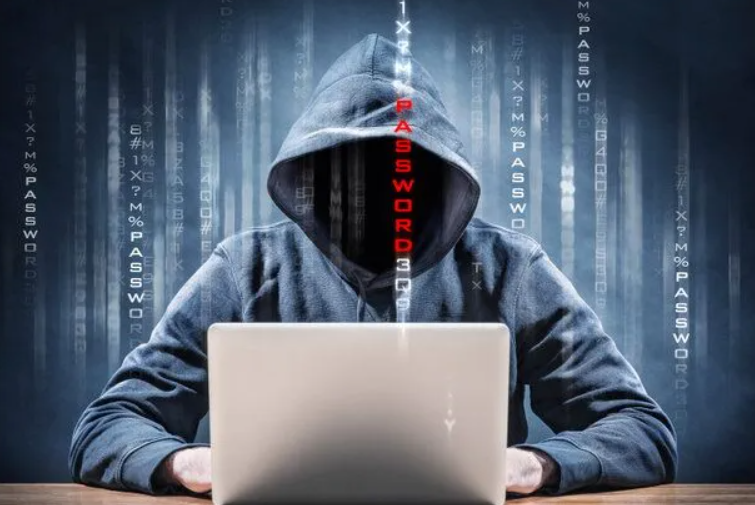In the ever-evolving landscape of digital security, the role of a Certified Ethical Hacker (CEH) has become pivotal. As cyber threats continue to escalate, organizations worldwide seek professionals equipped with the skills to safeguard their digital assets. In this article, we delve into the significance of a Certified Ethical Hacker, exploring their role, training, and the crucial impact they have on fortifying cybersecurity defenses.
- Defining Ethical Hacking: Ethical hacking, or penetration testing, involves authorized professionals actively probing computer systems, networks, or applications to uncover vulnerabilities. A Certified Ethical Hacker is an expert in this field, employing their skills to identify weaknesses before malicious hackers can exploit them.
- The Importance of Ethical Hacking: In a digital landscape rife with cyber threats, organizations face the constant challenge of protecting sensitive information. Ethical hacking serves as a preemptive measure, allowing organizations to identify and rectify vulnerabilities proactively. A Certified Ethical Hacker plays a crucial role in fortifying cyber defenses against potential cyber-attacks.
- Scope of a Certified Ethical Hacker: The scope of a Certified Ethical Hacker extends across a wide range of cybersecurity domains. From assessing network security and identifying vulnerabilities in applications to evaluating the robustness of cloud infrastructure, their expertise spans the entire spectrum of digital systems.
- Certification and Training: Achieving the Certified Ethical Hacker designation involves rigorous training and examination. Professionals undergo comprehensive courses that cover various aspects of ethical hacking, including network scanning, social engineering, and intrusion detection. The certification process ensures that individuals possess the necessary skills and knowledge to ethically hack and secure systems.
- Real-world Simulations: Certified Ethical Hacker training often includes real-world simulations, allowing professionals to apply their skills in controlled environments. Simulated attacks mimic the tactics used by malicious hackers, providing hands-on experience in identifying and neutralizing threats. This practical training enhances a Certified Ethical Hacker's ability to address cybersecurity challenges effectively.
- Continuous Learning and Adaptability: The world of cybersecurity is dynamic, with new threats emerging regularly. A Certified Ethical Hacker is not only well-versed in current cybersecurity trends but is also committed to continuous learning. Staying updated on the latest hacking techniques, security vulnerabilities, and technological advancements is crucial for maintaining the effectiveness of ethical hacking strategies.
- Legal and Ethical Standards: Ethical hacking operates within strict legal and ethical frameworks. Certified Ethical Hackers adhere to codes of conduct that prioritize integrity, confidentiality, and legal compliance. Their work is conducted with explicit authorization, ensuring that the testing of systems is ethical, legal, and aligns with the organization's security objectives.
- Mitigating Cyber Risks: The primary goal of a Certified Ethical Hacker is to identify and address vulnerabilities before they can be exploited by malicious actors. By proactively identifying weaknesses, organizations can implement robust security measures, reducing the risk of data breaches, financial losses, and reputational damage.
Conclusion:
In the face of an increasingly complex cybersecurity landscape, the role of a Certified Ethical Hacker is paramount. These professionals serve as ethical guardians, employing their skills to identify and neutralize potential threats before they can be exploited by cybercriminals. With comprehensive training, adherence to ethical standards, and a commitment to continuous learning, Certified Ethical Hackers play a pivotal role in fortifying the digital defenses of organizations worldwide. As technology continues to advance, the need for these cybersecurity experts will only intensify, making their role indispensable in safeguarding the digital future.
For more details, visit us:





Comments